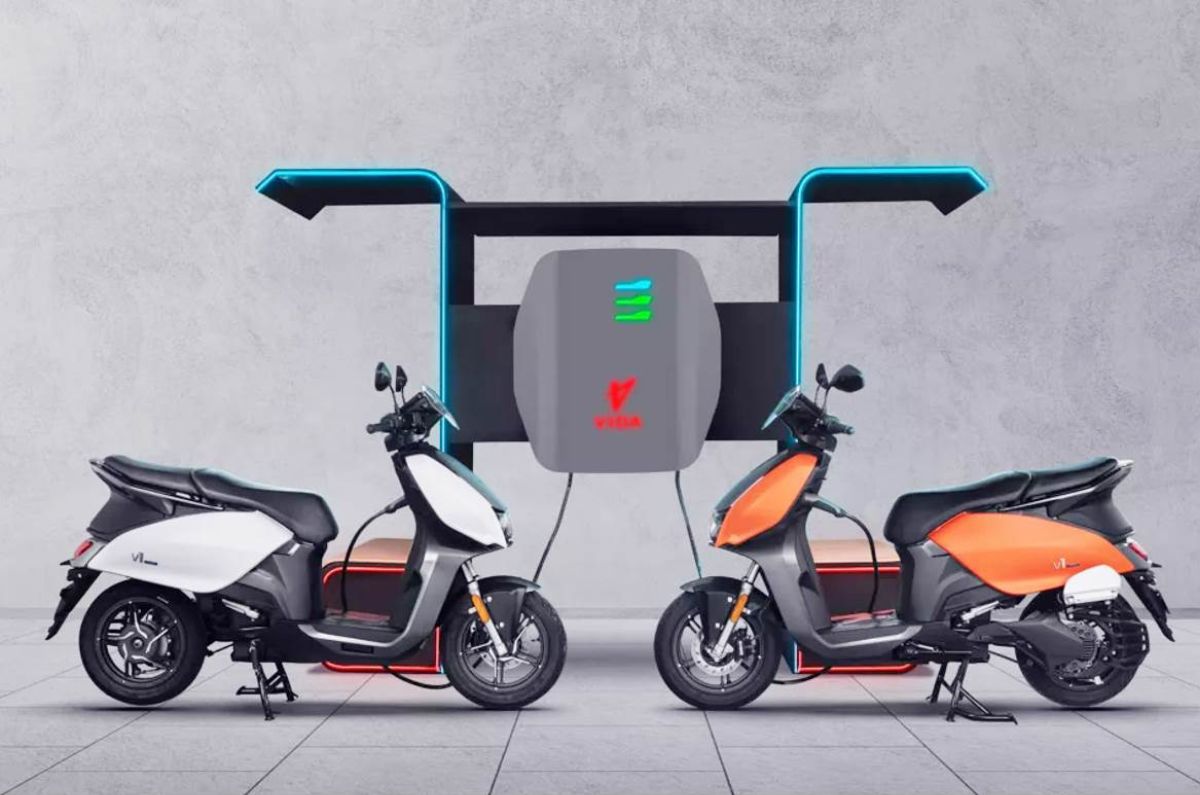
EV port standardisation can increase the charging bandwidth for electric two-wheeler users.
The government has no plans for EV port standardisation for two-wheelers, said Minister of State for Heavy Industries Krishan Pal Gurjar during the ongoing Parliament Winter Session earlier this week.
His statement was in response to a query about whether the government had any plans to develop common charging platforms for electric two-wheelers. A common charging platform is expected to increase the charging bandwidth for EV two-wheeler customers. “The government is not planning to mandate standardised charging ports for electric scooters,” he said.
- Currently, each OEM has its own independent charging infrastructure
- In October, Bureau of Standards approved Ather’s standardised charging connector
In October, the Bureau of Indian Standards (BIS) approved the country’s first-ever indigenously developed AC and DC Combined Charging connector built by Ather Energy for light electric vehicles. Ather, which has 1,600 charging stations and plans to add another 900 by March 2024, is currently in talks with other manufacturers for the adoption of its charging connector as the standard.
Swapnil Jain, co-Founder of Ather Energy, had earlier told our sister publication Autocar Professional that they had approached the Government of India to make a common charging port ‘mandatory’ from its current form of ‘voluntary’ compliance to boost consumers’ bandwidth to charge their scooters anywhere.
Currently, every OEM has to set up their independent charging infrastructure, limiting the ability of other electric scooter users to use existing charging stations. “But with one standard, all the OEMs can use the same standard, you can have a very high level of compatibility between two OEMs,” Jain had noted.
India faces a unique situation in the two-wheeler segment where – unlike passenger electric car makers who have migrated to the Combined Charging System (CCS2) charging station – each OEM has developed its proprietary charging station software, thus limiting consumers’ ability to charge at competitor charging stations.
With the Ministry of Heavy Industries providing clarification on a universal charging port standard, it is unlikely that Ola‘s proprietary Hyperchargers designed for charging Ola Electric scooters will be available for Ather Energy’s users, as its open-source charging standard is also shared by Hero Vida V1 e-scooters or other OEM charging platforms. Similarly, EV premium superbike Ultraviolette’s e-motorcycles are only compatible with charging connectors using IEC 62196-6, an international charging standard.
Also See:
Tamil Nadu to have 2,000 charging stations by March 2026
Centre launches probe into ARAI, ICAT for misappropriation of FAME subsidies
